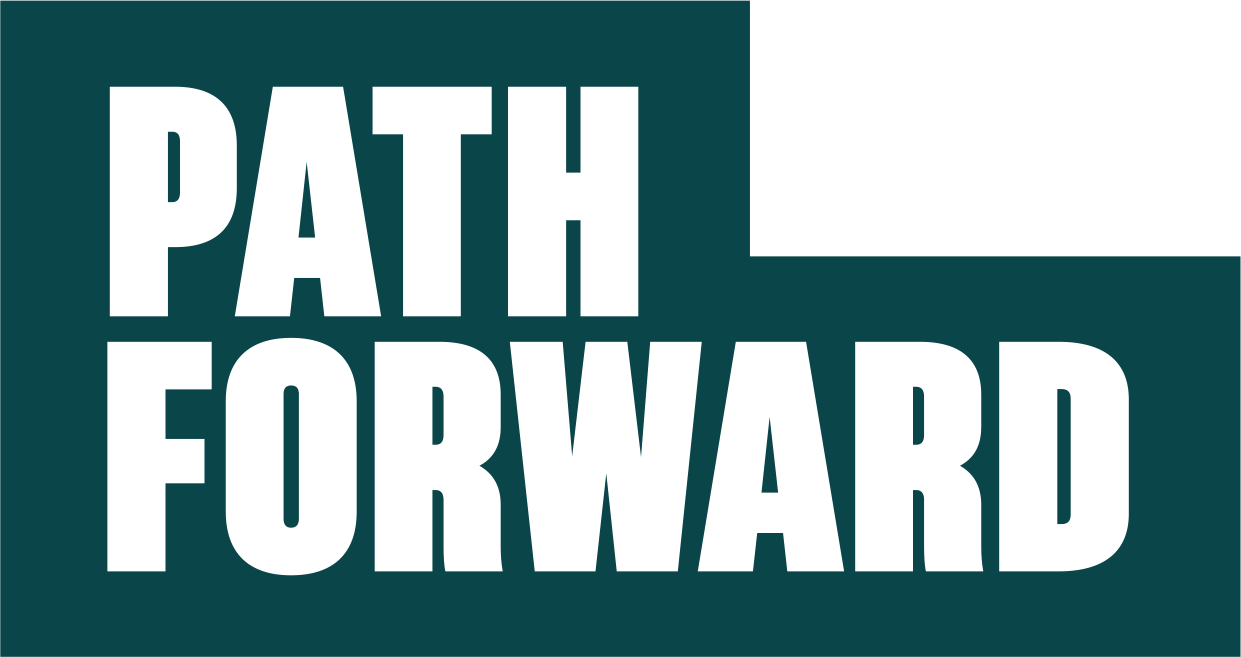Beware the Simplistic Solution
Newsweek recently ran a cover story on “fixing” education. The cover showed a mock blackboard (do they even use those anymore?) with the words “We must fire bad teachers” written on it multiple times.Now in the interests of full disclosure, you should know that my wife is a teacher. But for one thing, she has nothing to do with the opinions expressed in this post. And for another, I don’t even want to debate here the quality of teaching, or education policy, or the impact of unions.I want to discuss the danger of simplistic solutions to complex problems.According to the dictionary (okay, the Wiktionary), “simplistic” means conveying “a concept or issue so that its nuance and complexity are lost, or important details are overlooked,” thus “distorting the topic.”Would be good to fire all the bad teachers? Sure, if we could work through the complexity of deciding what a bad teacher does that’s bad. Some of it would be obvious—mistreating students, not knowing the subject matter, or failing to clearly communicate concepts.I agree that bad teachers should be fired if, after proper training, coaching, and supervision, their skills remain substandard. But judging teachers by the success of their students’ test scores is, by definition, “simplistic.” It overlooks important details and distorts the topic.It would be like randomly assigning you employees from a one-mile circumference around your location, and then judging you on the success of the business. Of course if you’re a great leader, you might create a reasonably successful effort, but to compare your numbers with someone who got to select their own employees from a broader pool would be, well, unfair.
In order to have the education system we want, we have to decide what kind of society we want. It's not just the schools and teachers that educate our kids.
It concerns me that people would look at the Newsweek cover, and later in the week at a cocktail party say, “You know if we just fired the bad teachers we could fix our education system.” It’s just not true. To avoid being simplistic, here’s what else we’d have to do:
- fire the bad parents, who have more control over the student’s outcome than any teacher.
- fire the corporations that put crappy food and trashy entertainment in front of our kids 24 hours a day.
- fire the society that sees kids as consumers and future producers of wealth, rather than as fully formed intellects and values-oriented participants in our communities.
- fire the school boards that put superstition ahead of science.
- fire the public figures who abuse our kids’ trust by behaving badly.
Our teachers are part of a very large mosaic of influences on our children.To have the education system we want, we have to decide what kind of society we want. It’s not just the schools and the teachers that educate our kids. What is it that really needs to be “fixed?” The question of education has been politicized; demagoguery is rampant. There is more than a little sinister cynicism in those who rant about the failures of the system. There’s far too little real thinking about the subject.
YOUR PATH FORWARD: What does all this mean for you as a leader? Simply (but not simplistically), it’s about learning to be a systems thinker — learning not to apply simplistic analyses or simplistic “solutions” to complex topics. Next time you’re tempted to blame a problem on one person, one team, one action, or one situation, don the cloak of a leader and ask yourself (and get feedback from appropriate others):
- What other individuals, actions, and situations interrelate here, and what are the influences I might not be taking into account?
- To what extent is this a “people” issue, and to what extent is it a “process” issue? (see Plank 11 of our book The Leadership Platform
— leaders should look to fix processes before they begin to blame people)
The inability to think from a systems perspective forms a concrete ceiling to your advancement as a leader. Simplistic thinking is easy and tempting and fills your self-righteousness bowl. Problem is, it’s never effective; it never serves the best interests of your business.
